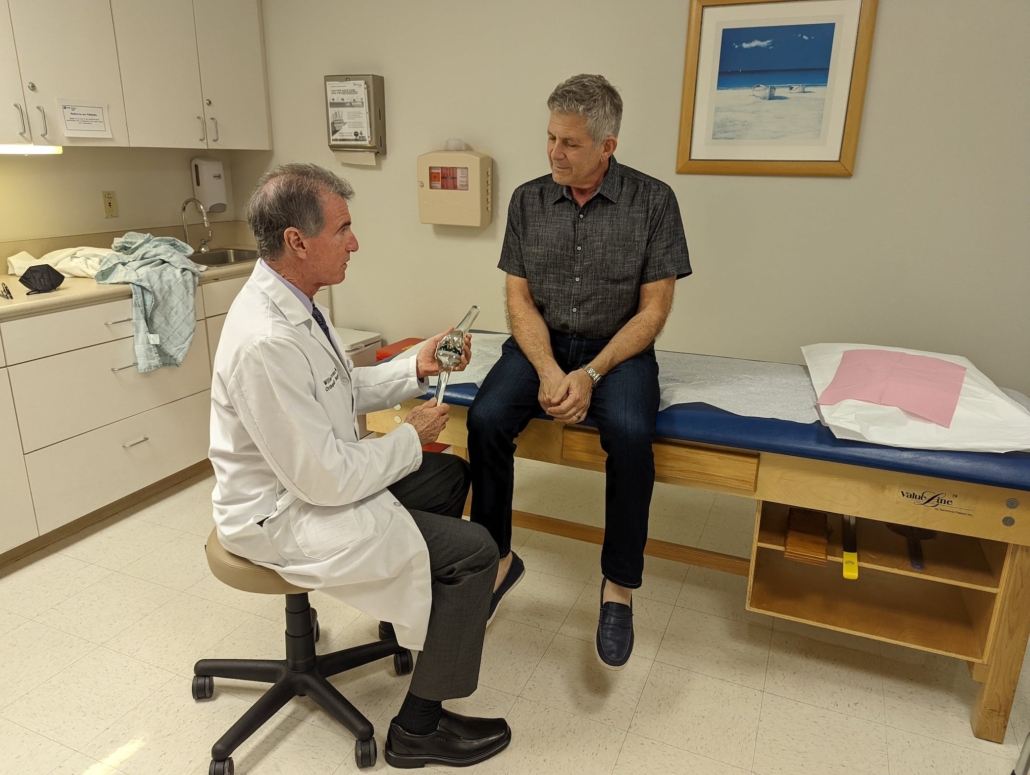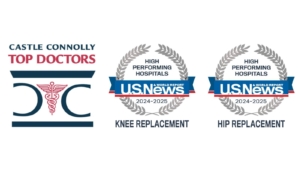What Type of Patient are You?
When it comes to evaluating patient experiences, surgeon/patient communication ranks high up alongside surgical competence. An appointment with a surgeon to discuss how to fix what ails you is understandably stressful for most people and the anxiety can be amplified by deeply held attitudes, beliefs and fears that people harbor about seeking health care. Surgeons who make a point of tuning in to your concerns and viewing the experience from your perspective are more likely to communicate effectively and set the stage for superior outcomes and happy patients.
Attitudes and behaviors can’t necessarily be explained away by age, income or education. Popular generational categories like Millennial and Gen X have limited relevance because each group’s beliefs are likely to change as they transition to the next stage of life. Instead, it might be more meaningful to understand patients by focusing on how they react to needing surgery and then aligning the surgeon/patient communication accordingly.
For example, some patients are self-motivated. Vested in their wellness, they eat healthy, exercise and believe in being proactive about finding the best health care options and then moving forward with treatment. They want the facts so that they can ask questions and take care of business without delay.
Other patients are compliant. They follow directions from their doctors without question and are ready to accept the doc’s recommendations and get the surgery done. Just explain what they need to do and they’ll do it.
Others are worriers who think first about what the surgery will mean to everyone around them at home and at work. They can focus on themselves only after making sure that everyone else is taken care of, which might delay treatment for a while, but not necessarily to their detriment.
And then there are the obstinate patients. This strong, independent cohort is too busy to worry about health care until they no longer have a choice. It is not that they live unhealthy lives, but rather that they will delay a hip or knee replacement until they cannot walk anymore. Their mantra could be, “I’ll cross that bridge when I get to it and not a moment sooner.”
While compliant people respond well to clear, step-by-step explanations and instructions, obstinate people need to be convinced that having the surgery sooner rather than later will get them back to living life at its fullest without delay. It’s important to acknowledge their concern and that they could wait, but it is likely not the best way to get back to normal as quickly as possible.
The fact is that when it comes to the personal part of medical care, everyone’s response is shaped by personal beliefs and experiences. There are no “one size fits all” answers. After giving that a bit of thought, what type of patient are you?
We thank you for your readership. If you would like a personal consultation, please contact The Leone Center for Orthopedic Care at 954-489-4575 or by email at LeoneCenter@Holy-cross.com.
Please check out the hundreds of testimonials by Dr. Leone’s patients.





